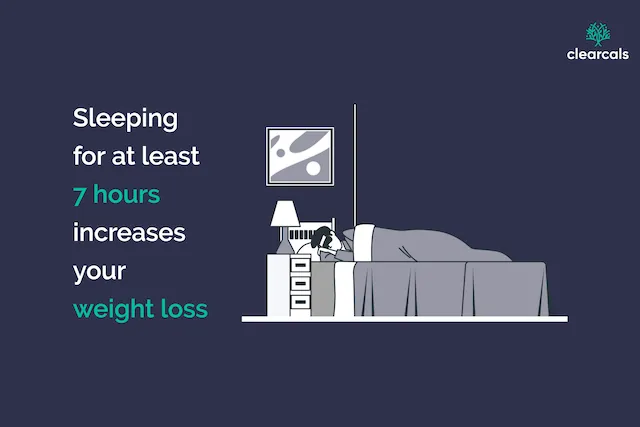Looking for an Indian Food Calorie Calculator?
Gastrointestinal Disorders

Gastrointestinal disorders include a series of conditions such as
- Irritable bowel syndrome
- Inflammatory bowel disease
Gastrointestinal diseases may result from the deficiency or excess of specific nutrients. Individuals with digestive problems are often diagnosed based on symptoms such as
- Dyspepsia
- Heartburn
- Chest burn
- Abdominal pain
- Chronic diarrhea
- Constipation
Diet plays an important role not only in the growth and development of an individual but also regulates several important functions of the body. The proportion of carbohydrates, proteins and fats in our diet determine and control the number of gastrointestinal hormones released in the bloodstream. These hormones regulate various functions such as motility, secretion and absorption, appetite, and local immune defences1.
A diet high in cereals and sweets is associated with severe gastrointestinal symptoms in irritable bowel syndrome patients2.
An open-label study conducted by Nilholm et al found that 66.3% of individuals with irritable bowel syndrome responded to a diet low in starch and sucrose3.
The prevalence of irritable bowel syndrome is lower in Asia compared to that of the Western world due to the complex foods in Asia consisting of fermented products.
In a study carried out on 30 patients with IBS and functional abdominal bloating it was found that after a period of two months the response to Low FODMAPs (fermentable oligosaccharides, disaccharides, monosaccharides, and polyols) diet was positive in controlling overall symptoms such as abdominal pain, bloating, diarrhea, flatulence, nausea, and fatigue in over 70% of the patients. Besides that, the constipation problem was controlled in about 48% of patients4.
Inflammatory bowel disease is an autoimmune disorder that causes inflammation of the small and large intestine. It encompasses major forms such as Crohn's disease and ulcerative colitis.
While Crohn's disease is characterized by inflammation of any part of the gastrointestinal tract, in ulcerative colitis inflammation is localized to only the large intestine.
Due to rapid industrialization and westernization, there is a significant increase in the number of cases of inflammatory bowel disease every year.
An innovative approach proposed by Rotem Sigall-Boneh called the CD exclusion diet offers promising results. A study was conducted on 45 patients in the year 2014. In this, all the patients received one-half calories from enteral nutrition and one-half calories from an exclusion diet which avoided gluten, dairy products, gluten-free baked goods, and bread animal fats, processed meats, products containing emulsifiers, canned goods, and all packaged products. After a thorough analysis, it was found that there was remission in 70% of patients and remarkable normalization of C reactive protein in 70% of the individuals. Similarly in a parallel study of seven patients, it was observed that six patients who received only a CDED diet without any formula had a clinical remission with a solid diet alone5,6.
Fiber plays an important role in the reduction of flares caused by inflammatory bowel disease. A cohort study conducted by Brotherton et al included 1139 patients with Crohn's Disease and 489 patients with Ulcerative Disease and was assessed for a period of 6 months. It was found that there was a 40% reduction in the risk of flare among patients whose fiber intake was greater than 23g/day compared to the patients whose fiber intake was less than 10g/day. It was also observed that 30% of patients who avoided high fiber foods were more prone to flares7.
Tests for digestive problems include colonoscopy, upper GI endoscopy, capsule endoscopy, endoscopic retrograde cholangiopancreatography (ERCP), and endoscopic ultrasound, percutaneous endoscopic gastrostomy8.
REFERENCES:






